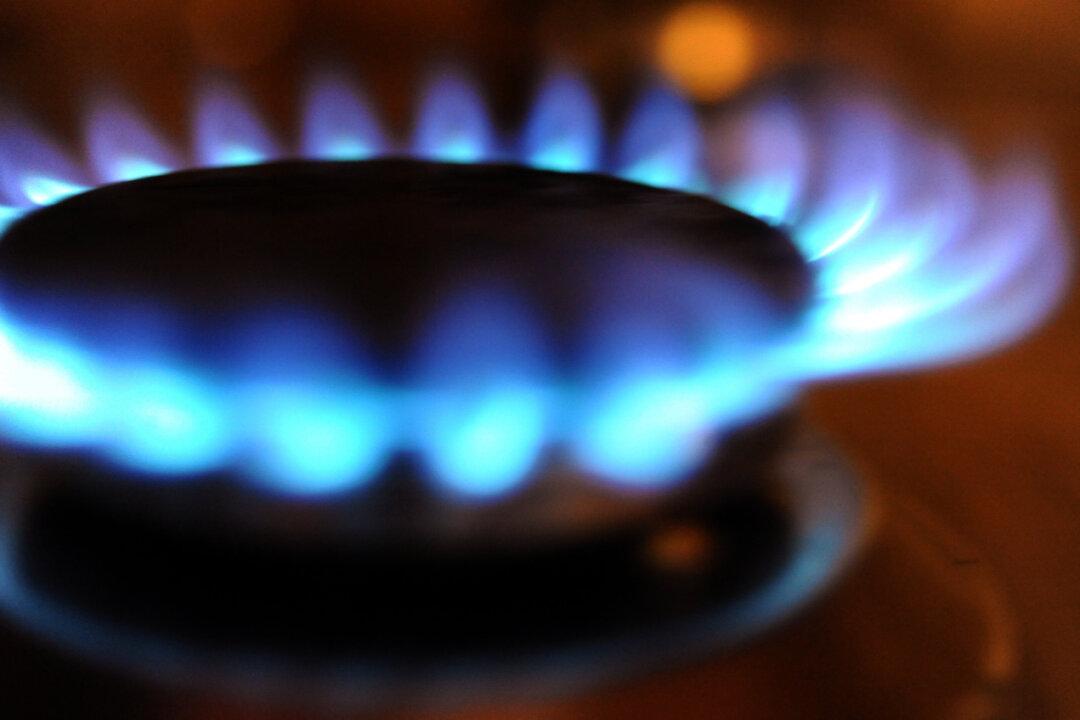The Australian Labor government has struck a deal with two energy companies to prevent a forecasted significant gas shortfall in the short term.
APLNG and Senex will be responsible for supplying 300 petajoules of gas–equivalent to two years of east coast industrial usage–to the domestic market by 2030, of which 140 petajoules will be delivered by the end of 2027.





